|
|
|
|
Tēnā koutou, nau mai haere mai, welcome to your latest newsletter.
It’s morning again in America, as Ronald Reagan’s famous campaign ad put it, and this morning in particular is filled with promise — and dread. The US presidential election results will begin to filter through during the New Zealand afternoon, and we will have a good idea of just how close, or not, the final count will be by sometime in the evening. If you are following the coverage, you won’t want to miss our guide to what to watch for as the
polls close and the US TV networks roll into action.
Closer to home, of course, Jacinda Ardern capped her historic election victory with an agreement with the Greens and major cabinet reshuffle. How she chooses to use her massive majority, and how she has already increased the ethnic and gender diversity of her cabinet, are covered in detail this week.
There’s plenty more to read here and on our homepage, including a fascinating report on how the southern right whale genome has been mapped and what this tells us about that remarkable species and its
survival.
As always, thank you for your interest and support. Until next time, ngā mihi maioha ki a koutou katoa.
|
Finlay Macdonald
New Zealand Editor: Politics, Business + Arts
|

|
|
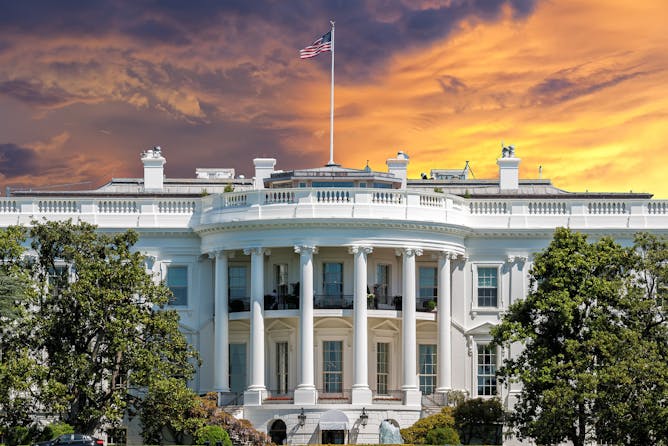
www.shutterstock.com
Peter S. Field, University of Canterbury
The polls and pundits say Joe Biden will win, but they've been wrong before. So what will be the early indicators of whether Donald Trump stays or goes?
|
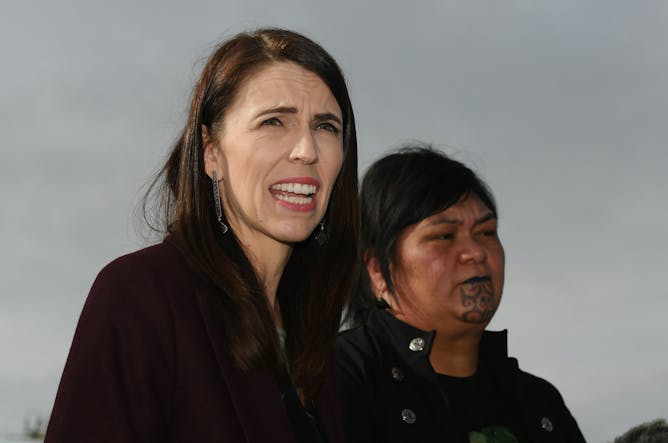
Jacinda Ardern with new foreign minister Nanaia Mahuta, seen here in July before this year’s election.
GettyImages
Jennifer Curtin
Half of Jacinda Ardern's ten most senior ministers are now women, lifting NZ's global gender ranking from 50th to 26th.
|
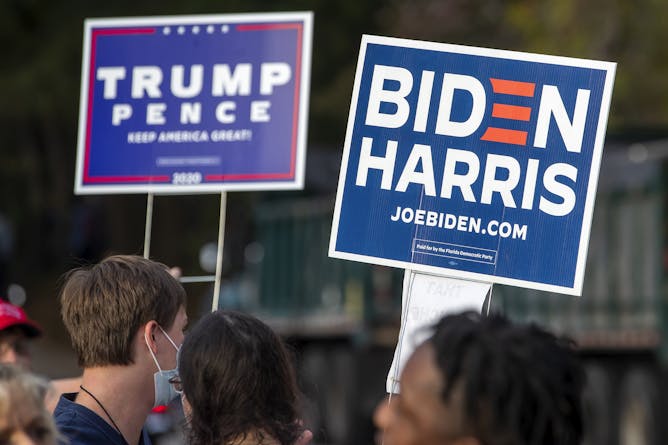
AAP
Alexander Gillespie, University of Waikato
A Trump election loss would suit NZ's trade, climate and arms control foreign policies. But there will still be the problem of China.
|
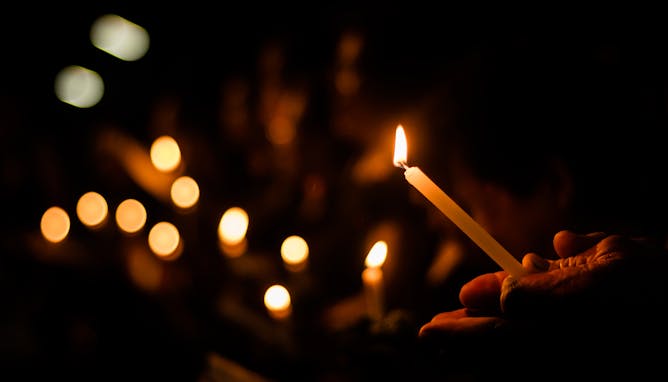
Shutterstock/photoviriya
Claire Breen, University of Waikato
Governments of different political leanings helped forge the Human Rights Commission. To abolish it would diminish accountability and silence an important government critic.
|
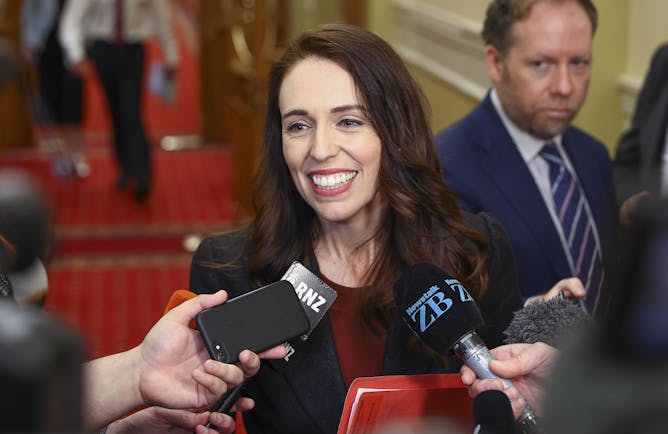
Jacinda Ardern arrives at a Labour caucus meeting on November 2 ahead of announcing her new cabinet lineup.
GettyImages
Richard Shaw, Massey University
The new cabinet may be diverse and inclusive, but Labour also has unprecedented executive and legislative control.
|
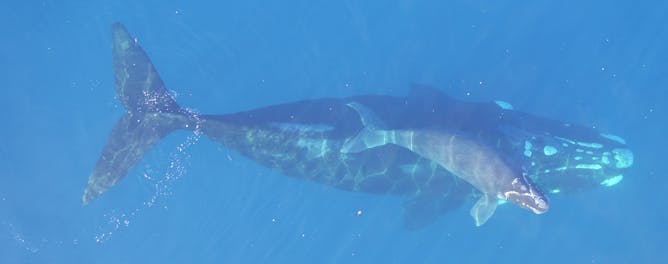
University of Auckland tohorā research team, Department of Conservation permit DJI
Emma Carroll
Southern right wales have been hunted to near extinction. Now their genome has been sequenced to help biologists track their recovery and understand the impacts of climate change, past and future.
|

shutterstock.
Jeanne Snelling, University of Otago; Andrew Geddis, University of Otago
The detailed work of making the End of Life Choice Act work in practice now begins, including the decision about how assisted dying will be funded.
|
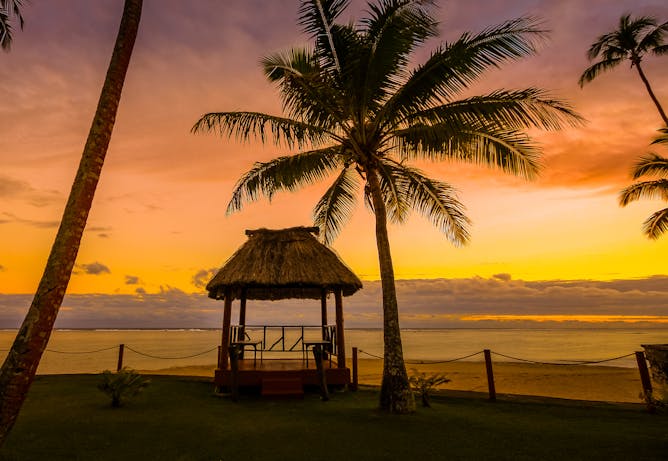
Shutterstock/zara
Regina Scheyvens, Massey University; Apisalome Movono, Massey University
A reliance on local customary knowledge and practices helped people make a living and strengthened relationships with family and friends.
|

Shutterstock/Yurii Zymovin
Andreea S. Calude, University of Waikato; David Trye, University of Waikato
Hashtags are infiltrating language well beyond their original use on Twitter — and linguists are struggling to define their role.
|
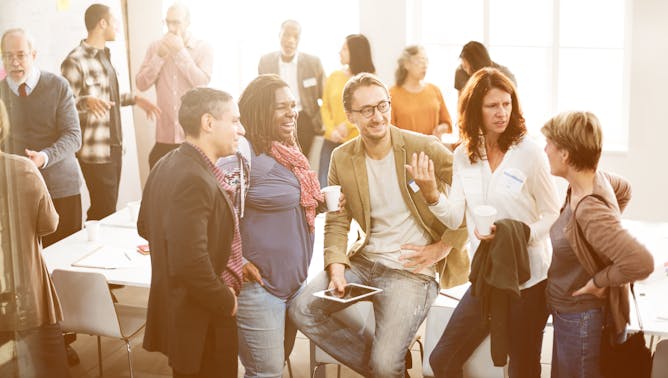
Shutterstock/rawpixel
Ziggi Ivan Santini, University of Southern Denmark; Paul E. Jose, Te Herenga Waka — Victoria University of Wellington; Robin Dunbar, University of Oxford; Vibeke Jenny Koushede, University of Copenhagen
Social relationships are generally good for mental health, but too much social activity can backfire, leading to fatigue and feelings of guilt when there isn't enough time to nurture relationships.
|
From our international editions
|

Todd Landman, University of Nottingham
As Joe Biden and Donald Trump spend the final day of the US 2020 election campaign in key battlegrounds – why a handful of states will be so crucial to the result.
| |

Chris Lamb, IUPUI
For the winner, it's the achievement of a lifetime. For the loser, not so much.
|

Francisco Gallegos, Wake Forest University; Carlos Alberto Sánchez, San José State University
Mexican philosophers have a word for the peculiar anxiety you may be feeling: 'zozobra,' a dizziness that arises from social disintegration.
| |
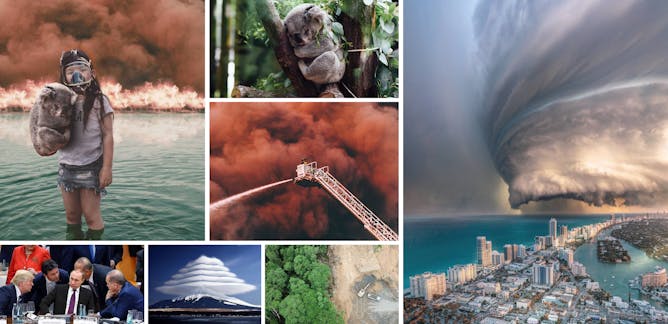
T.J. Thomson, Queensland University of Technology; Daniel Angus, Queensland University of Technology; Paula Dootson, Queensland University of Technology
In an age of democracy via social media, platforms are struggling to combat visual mis/disinformation such as 'spliced' images and deepfakes. Digital media literacy has never been so important.
|
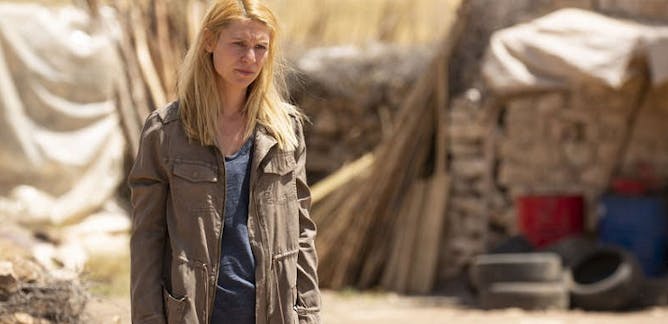
Magda Romanska, Emerson College
Despite recent social movements that have garnered greater inclusivity in the arts, disabled actors are still waiting for their moment in the spotlight.
| |
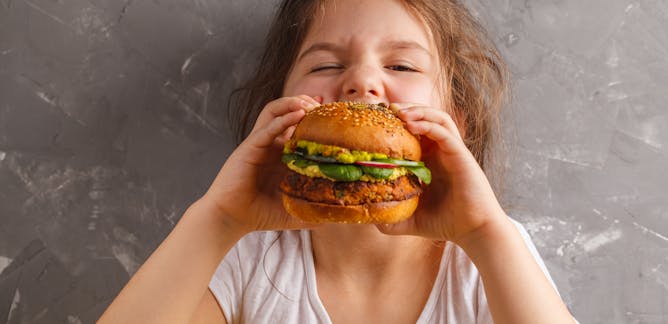
Martin Cohen, University of Hertfordshire
Who gets to decide what we call the things we eat? Increasingly, wealthy plant-based food moguls.
|
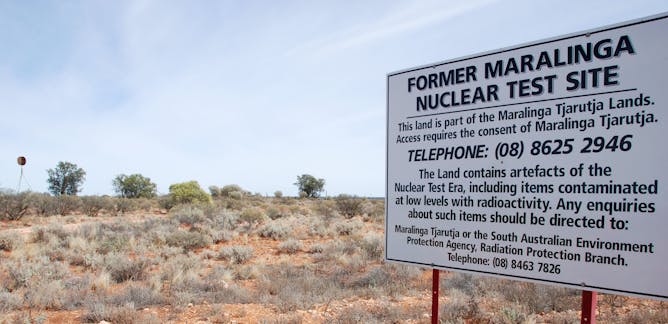
Tilman Ruff, University of Melbourne; Dimity Hawkins, Swinburne University of Technology
These caused untold health problems for Aboriginal people and Pacific Islanders who were at the highest risk of radiation
| |
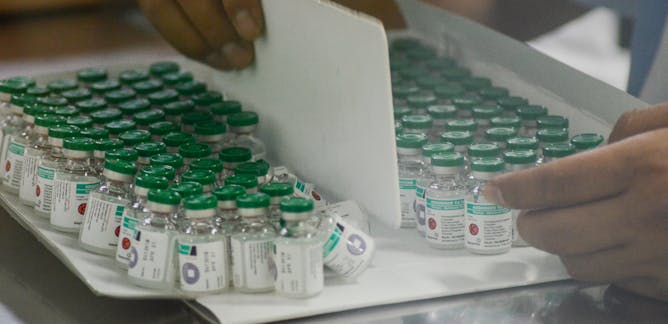
Anda Nugroho, Badan Kebijakan Fiskal, Kementerian Keuangan RI
If Indonesia can maximise its role as the hub for the production and distribution of Chinese COVID-19 vaccines for Southeast Asia region, the country may gain profits.
|
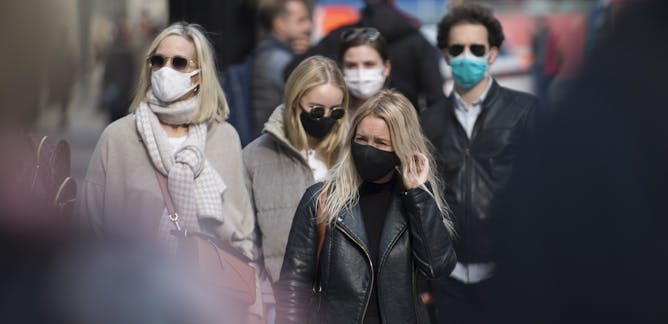
Stephen Archer, Queen's University, Ontario
The Great Barrington Declaration's advocacy for naturally acquired herd immunity to COVID-19 amounts to a global chickenpox party: naive and dangerous.
| |
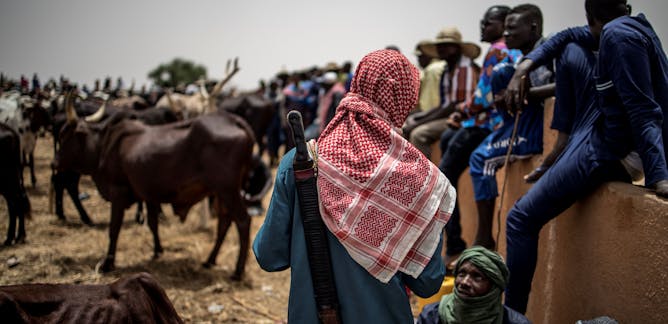
Roman Hoffmann, Potsdam Institute for Climate Impact Research
Changing climatic conditions and ecological hazards are an important migration driver in sub-Saharan Africa.
|
|
|
| |
| |
| |
| |
| |
| |
|
|
|
|
|
|
|